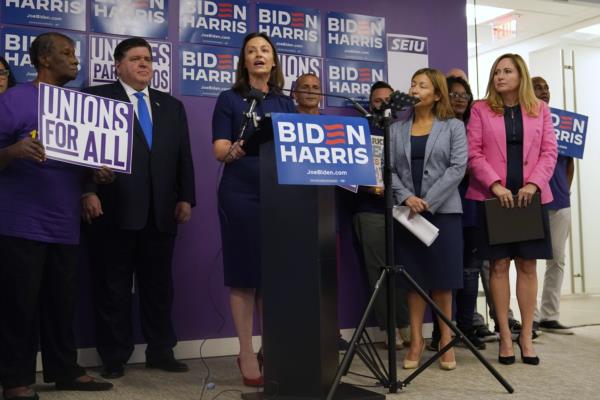
Recent analysis from the Financial Times reveals a significant realignment in the American electorate, particularly among non-white voters who are increasingly turning towards the Republican Party. This shift has been gaining momentum, with non-white voters abandoning the Democrats in notable numbers.
Traditionally, Black Americans have been a loyal voting base for the Democratic Party, with President Biden capturing 90% of the black vote in 2020. However, recent trends indicate a decline in support for the Democrats among black voters, with Biden's approval rating dropping significantly.
Several factors have contributed to this shift, including concerns over rising inflation, high gas prices, and the overall cost of living. Many black voters feel disillusioned by unmet promises and are seeking alternatives that align more closely with their economic interests.
Former President Trump has emerged as a polarizing figure in this realignment. While some view him as divisive, others praise his leadership, particularly in economic matters. Trump's straightforward communication style and focus on economic prosperity have resonated with a segment of black voters.
Dr. Ben Carson, a former HUD secretary, attributes the shift in black voter loyalty to a comparative analysis of the Trump and Biden administrations. Carson highlights key economic indicators, such as inflation rates, unemployment levels, and home ownership, to illustrate the contrasting outcomes under each administration.
Carson emphasizes that black voters, like all voters, prioritize policies that directly impact their well-being. The appeal of Trump's economic policies and transparent communication style has swayed some black voters towards the Republican Party.
As the political landscape continues to evolve, the shift in black voter loyalty underscores the complexity of voter preferences and the importance of addressing economic concerns. The upcoming elections in 2024 are poised to further shape the political dynamics as black voters navigate their choices based on their perceived alignment with candidates' policies and values.







